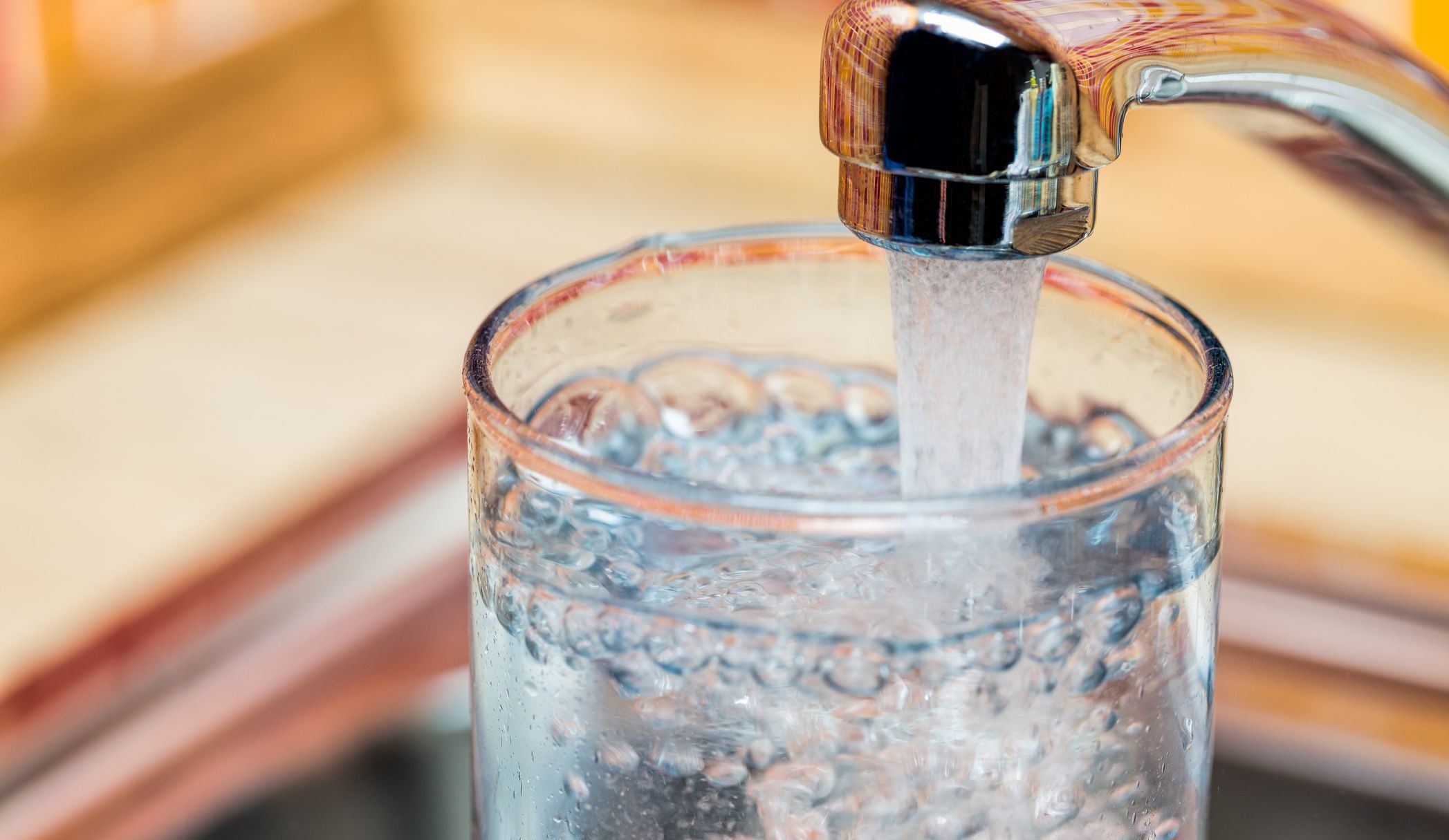Assembly of First Nations (AFN) National Chief Perry Bellegarde says urgent action is required to end long-term boil water advisories and achieve water certainty in First Nations. This call for action follows the release of a report by the Office of the Auditor General of Canada evaluating water-related commitments made by the federal government.
“Access to safe, clean water is more important now than ever to help prevent the spread of COVID-19 and keep us all safe,” said AFN National Chief Perry Bellegarde. “While there has been some progress to address and end boil water advisories, currently more than 50 remain, and one is too many.”
“I continue to urge the federal government to work together with First Nations to implement long-term solutions that will provide water certainty for our children and families,” added National Chief Bellegarde. “I want to see significant and sustained investments in water treatment and water distribution for First Nations, a renewed commitment by the federal government to end boil water advisories within realistic timelines, and real investments in First Nations infrastructure to close the infrastructure gap by 2030.”
The report, Access to Safe Drinking Water in First Nations, released by the Office of the Auditor General of Canada highlights three main areas of concern:
- The commitment by Indigenous Services Canada to eliminate long-term drinking water advisories.
- The operations and maintenance policy for water and wastewater and the now 30-year-old funding formula.
- Potential for a regulatory framework.
Indigenous Services Canada Minister Marc Miller announced recently the government will not meet its target to end long-term boil water advisories by March 2021. To date at least 57 long-term advisories are in place across Canada.
“Water is sacred to First Nations and key to the health and well-being of all living things,” said National Chief Bellegarde. “We must see the human right to safe drinking water prioritized by our government partners. Sustained funding, including investments in operations and maintenance that reflect the true costs, not formula-driven numbers, is the only way to address long-standing issues and ensure safe drinking water for our people and nations.”
In the 2019 Speech from the Throne, the federal government committed to “continue the work of eliminating all long-term drinking water advisories on reserve by 2021 and ensure safe drinking water in First Nations.” The repeal and replacement of the Safe Drinking Water for First Nations Act, together with co-developed legislation, continues to be a priority for First Nations as a necessary step to ensuring the future of safe drinking water in First Nations across the country.
AFN is hosting virtual engagement sessions with First Nations leaders and water experts on the repeal and replacement of the Safe Drinking Water for First Nations Act during the week of February 26, 2021.
The AFN is the national organization representing First Nation peoples in Canada.









